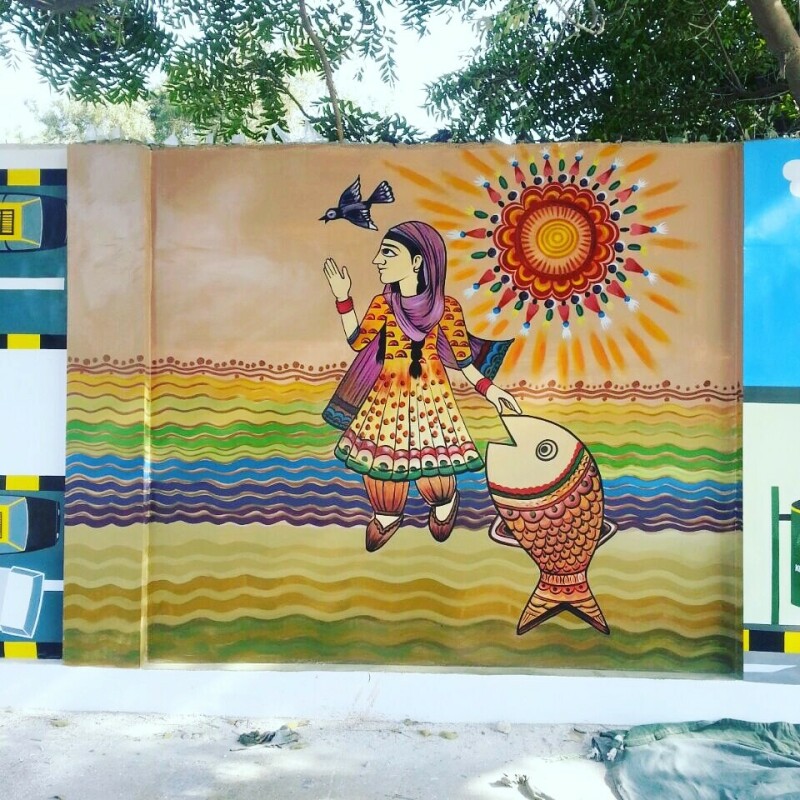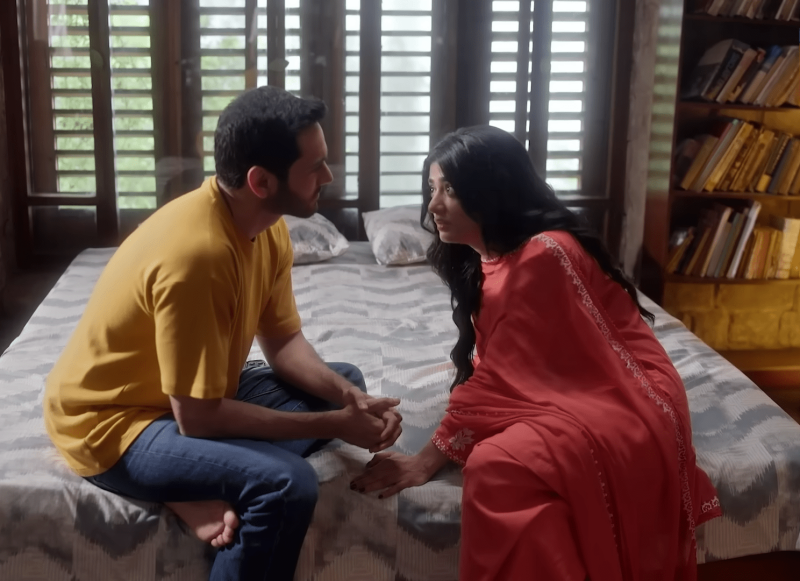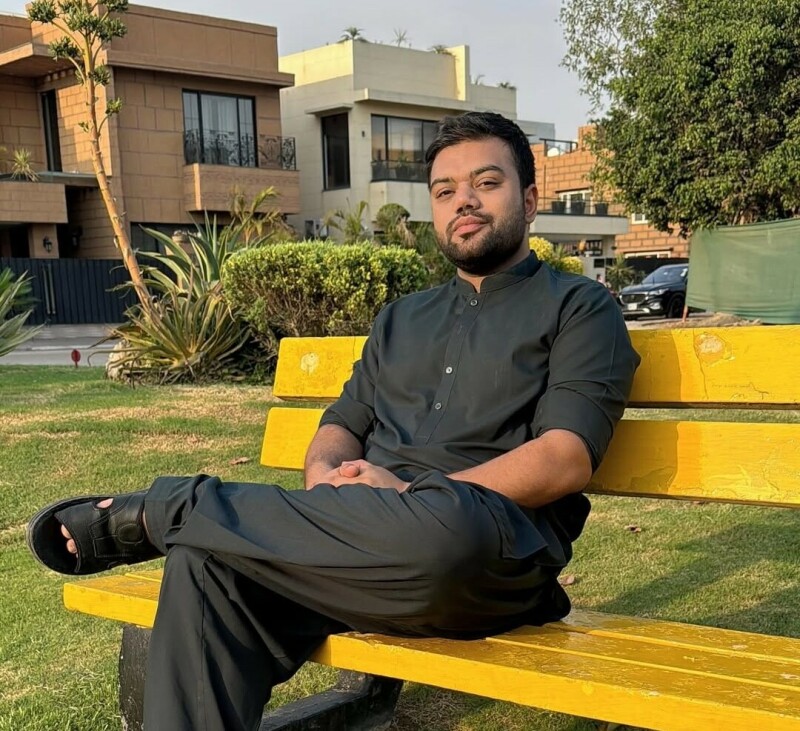Nusrat Fateh Ali Khan immortalised in prose
ISLAMABAD: Lok Virsa hosted the launch of a book about Nusrat Fateh Ali Khan, titled Nusrat: The Voice of Faith by Pierre Alain Baud.
A DVD of recording of the singer produced by Lok Virsa was also launched and the evening began with screenings of some of the maestro’s qawalis.
Lok Virsa Executive Director Dr Fouzia Saeed said: “Lok Virsa is proud to have had a longstanding relationship with Nusrat Fateh Ali Khan. Our audio visual archives contain a valuable collection of Nusrat’s recordings.”
“Nusrat was, for a time, the face of Pakistan. When we would go abroad and tell people we were from Pakistan, they would instantly connect it to the place Nusrat was from,” she said.
Pierre Alain Baud, the author of the book, said: “It is quite challenging to speak before an audience with so many people who knew Nusrat longer and better than I did. My own encounter with Nusrat is a long love story which began with Nusrat’s first performance before a European audience.
In 1985 I was in the audience when he performed his first concert in Paris. After some years I would go listen to him perform all over Europe whenever he was there.”
Uxi Mufti spoke about his memories of Nusrat Fateh Ali Khan beginning with those where he had not recognised his talent.
Sharing some of his memories of Nusrat, he said: “When I was a student I went to see the station master at Radio Pakistan, Masood Qureshi. While I was there, in walked Fateh Ali Khan, Nusrat’s father and Mubarak Ali Khan, his uncle – both immensely celebrated artists. With them was a fat young boy who was then called Pervaiz.

“His father thought Pervaiz would never be a qawwal so he wanted Masood Qureshi to hire him as a junior grade clerk. Fortunately, there were no vacancies at the time because Pervaiz eventually became Nusrat.”
Narrating another anecdote, he said: “Years later when Fateh Ali Khan Sahab passed away in the 1960s there was no one to take over as head of the qawwali group. Nusrat was not believed to have the talent to do so.
“In fact his father had not allowed him to participate in qawwali lessons because he had a squeaky voice and Nusrat learnt what he did just by listening to the lessons being taught to others.”
Uxi Mufti continued, “The repeated rejections, because he was not able to replicate his father’s sound, resulted in Nusrat becoming deeply contemplative.
“He realised that he could not imitate his father and with that realisation he began to innovate. I too compared Nusrat to his father and uncle and rejected him because he did not meet their standards in classical qawwali. Then he became a success in and after Paris. Just like Amir Khusro who began the tradition of qawwali by synthesising Turk, Arab, Persian and Sanskrit traditions, centuries later Nusrat synthesised qawwali with modern music and gave it a global flavour.”
Of the book, he said: “This is not just a book on Nusrat – it is a book on Pakistan, on Sufism, on qawwali and it is a tribute to the genius of Nusrat.”
Azhar Jaffery sang some of Nusrat Fateh Ali Khan’s most famous qawwalis at the launch.
Published in Dawn, January 9th, 2016













Comments